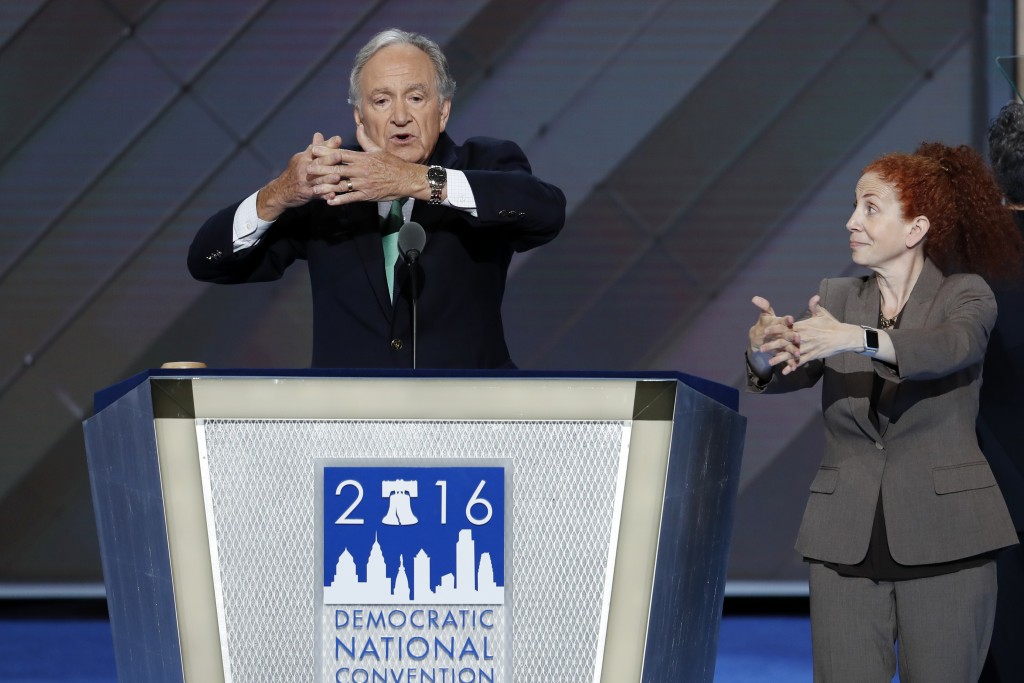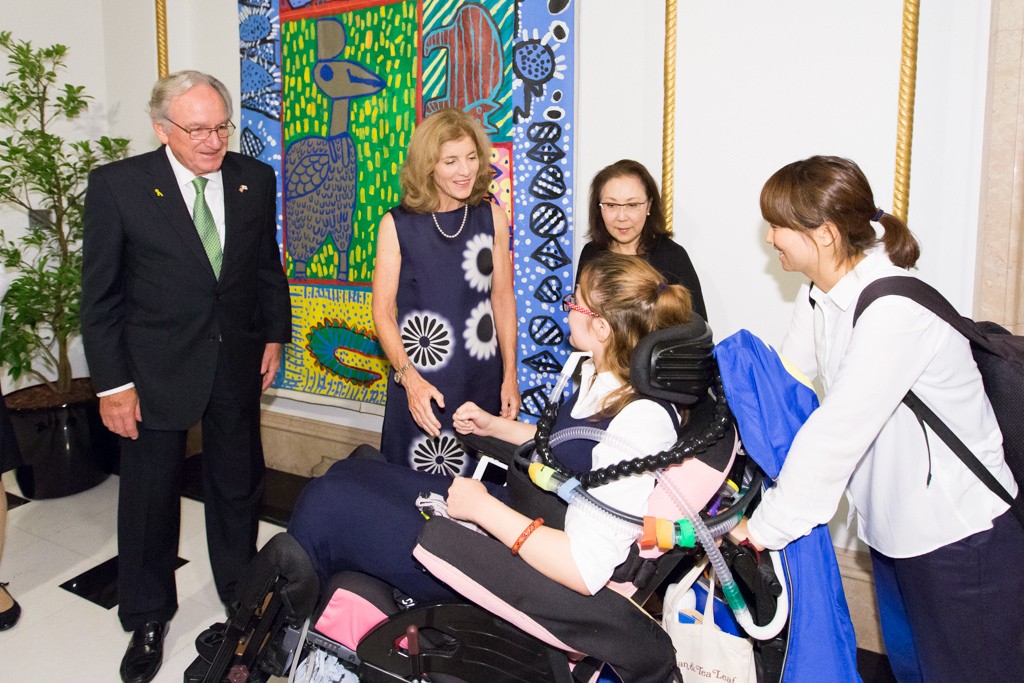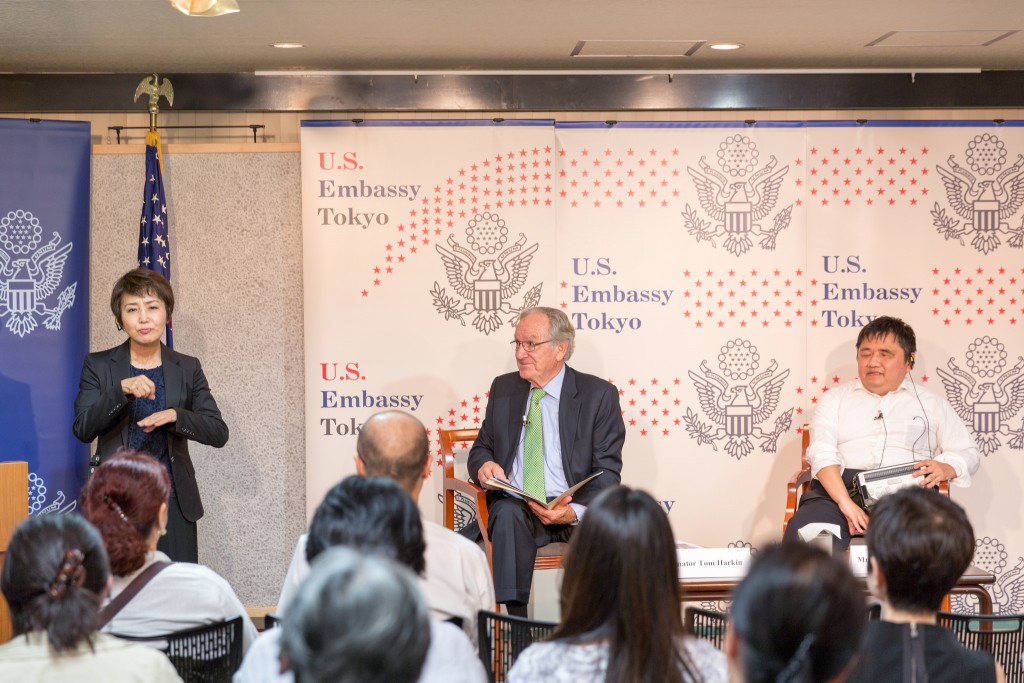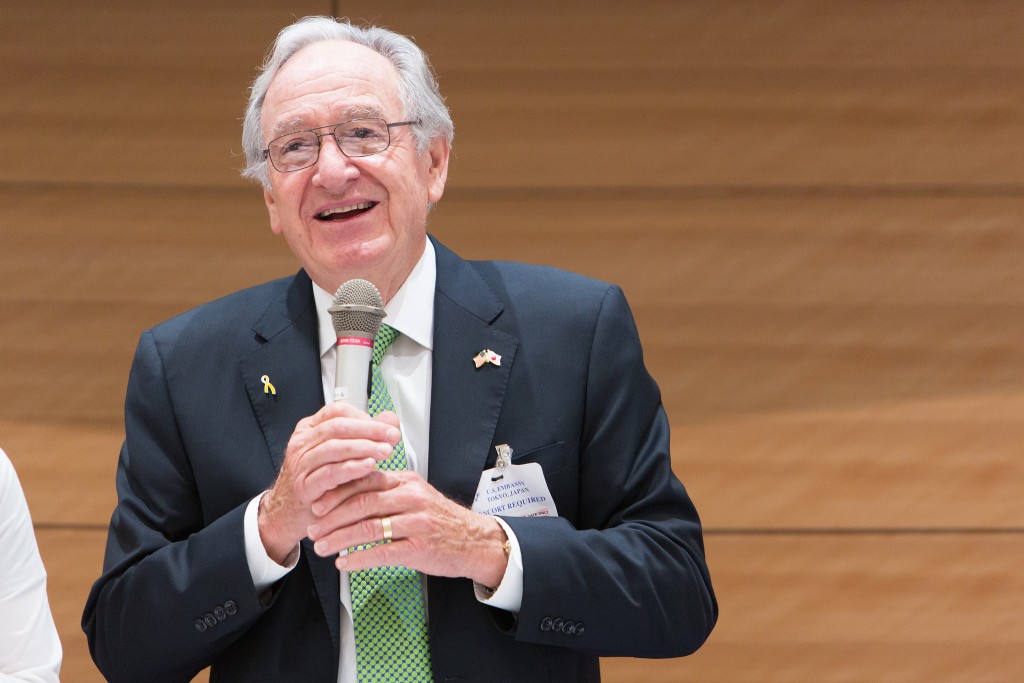“Thanks to the ADA, the places that comprise our shared American life — schools, workplaces, movie theaters, courthouses, buses, baseball stadiums, national parks — they truly belong to everyone,” said U.S. President Barack Obama at an event last year to celebrate the 25th anniversary of the passage of the Americans with Disabilities Act (ADA). “Millions of Americans with disabilities have had the chance to develop their talents and make their unique contributions to the world.”
Before the ADA was signed into law in 1990, employers were not required to accommodate qualified job applicants with disabilities. The law aimed to end segregation of physically and mentally disabled persons and promised them equal opportunity to participate in society, live independently, and achieve economic self-sufficiency. Thanks to the ADA, which prohibits discrimination in the workplace, millions of people with disabilities are employed across the United States, fulfilling their potential in a wide variety of occupations.
One of the chief sponsors of the ADA was former Senator Tom Harkin. He fought hard together with Senator Ted Kennedy to ensure that the pivotal legislation was enacted. Harkin was in the spotlight recently when he spoke at the Democratic National Convention, teaching voters how to say “America” in sign language. “It’s a beautiful sign,” he said. “Think about it, we are all together, no one is left out in this constant circle of life that is America,”

Former Senator Tom Harkin uses sign language as he speaks during the Democratic National Convention in Philadelphia on July 26, 2016. (AP Photo/J. Scott Applewhite)
In September 2016, Harkin was invited by the U.S. Embassy in Tokyo to visit Japan to speak about eliminating discrimination against people with disabilities. Harkin gave a presentation for a group of Japanese lawmakers about the enactment of the ADA, attended a reception with prominent members of the disability community hosted by U.S. Ambassador to Japan Caroline Kennedy, and spoke to members of NGOs/NPOs, lawyers, government officials, media professionals, academics, and university students at the U.S. Embassy’s American Center Japan.

U.S. Ambassador to Japan Caroline Kennedy hosted a reception in honor of former Senator Tom Harkin and guests from the Japanese disability community at her residence in Tokyo on September 27, 2016.
At his various speaking engagements, Harkin talked about how his older brother Frank inspired him to champion disability rights. Frank was deaf and went to a special school where he was told his only career options were to become a baker, a cobbler, or a printer’s assistant, but he wasn’t interested in any of these options. Although he initially went to work as a baker, an encounter with the owner of a company that produced parts for jet engines led to an opportunity for him to work there. Frank became one of the company’s most industrious and conscientious workers, motivating the owner to hire more deaf people.
“I saw this and I thought, how many more people who are deaf are out there and can do a lot of other things, but they’re told when they’re young that they can’t do anything else?” said Harkin.
Harkin’s relationship with his brother and other individuals with physical and intellectual disabilities made him realize that the ADA had to be a broad bill that would cover all disabilities. “We had a civil rights bill that passed in our government in 1964,” he said. “It said you can’t discriminate on the basis of race, color, creed, religion, sex, and national origin. People in the disability community said to me, ‘They left us out.’ So you could still up until 1990 openly discriminate against someone with a disability. At a restaurant, if someone who came in and was blind and wanted to eat, you could say, ‘Get out of here.’ There was nothing you could do about it. Or if someone went to get a job for which he or she was qualified but used a wheelchair, the employer could say, ‘I don’t want crippled people here. Get out of here.’ It was not against the law. So that’s what the ADA did. It banned discrimination on the basis of disability.”

Former Senator Tom Harkin speaks on "26 years of the ADA: Successes and Next Steps" at the American Center Japan in Tokyo on September 26, 2016. Keiichi Tamaru, Assistant Secretary General of the Japan National Assembly of Disabled People, moderated the event.
Harkin described some of the changes he’s witnessed since the enactment of the ADA. He was especially impressed by a drugstore distribution center where 40% of the workers have disabilities. The employees with physical and intellectual disabilities work right alongside everybody else and receive the same wages, health benefits, and retirement benefits as everybody else. An official at the company told him the distribution center is the company’s most productive facility in the entire United States and the company has found that when they hire and train people with disabilities, “they always show up for work and make fewer mistakes.”
In a small town in Harkin’s home state of Iowa, a young woman with intellectual disabilities was even able to realize her dream of opening a coffee shop thanks to the ADA. She went to “barista school” and applied for a grant so she could open her own business and employ other people with disabilities to work there. “Who would have thought that someone with that kind of intellectual disability could run their own business?” exclaimed Harkin.

Former Senator Tom Harkin speaks on disability rights with the leaders of the Japanese disability rights community at the Diet Members Building in Tokyo on September 27, 2016.
Despite all the progress that has been made in eliminating discrimination against people with disabilities as a result of the ADA, Harkin pointed out that there is still a lot of work to be done. “The toughest barriers are not what we call the physical barriers, but the attitudinal barriers,” he said. Harkin emphasized the need to allow children with disabilities to attend regular schools instead of special institutions so they can make smooth transitions into the workforce and to ensure that people with disabilities are involved from the very beginning when designing public services and facilities.







COMMENTS0
LEAVE A COMMENT
TOP